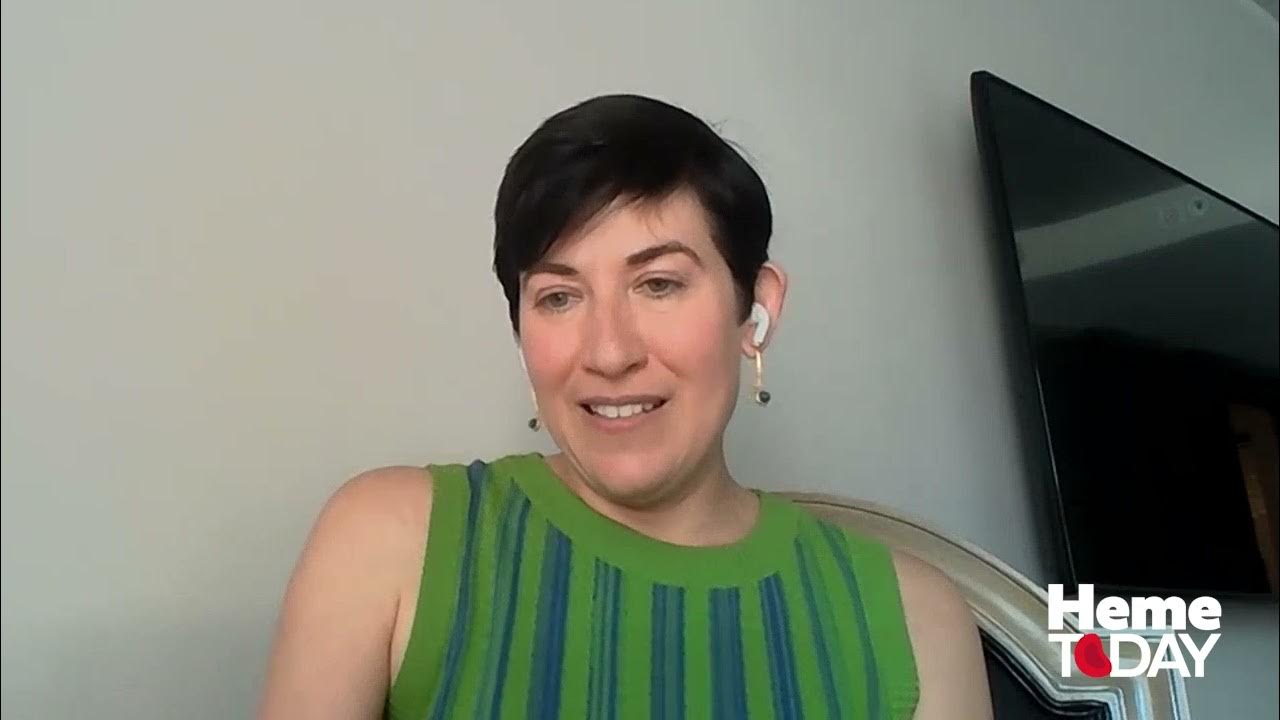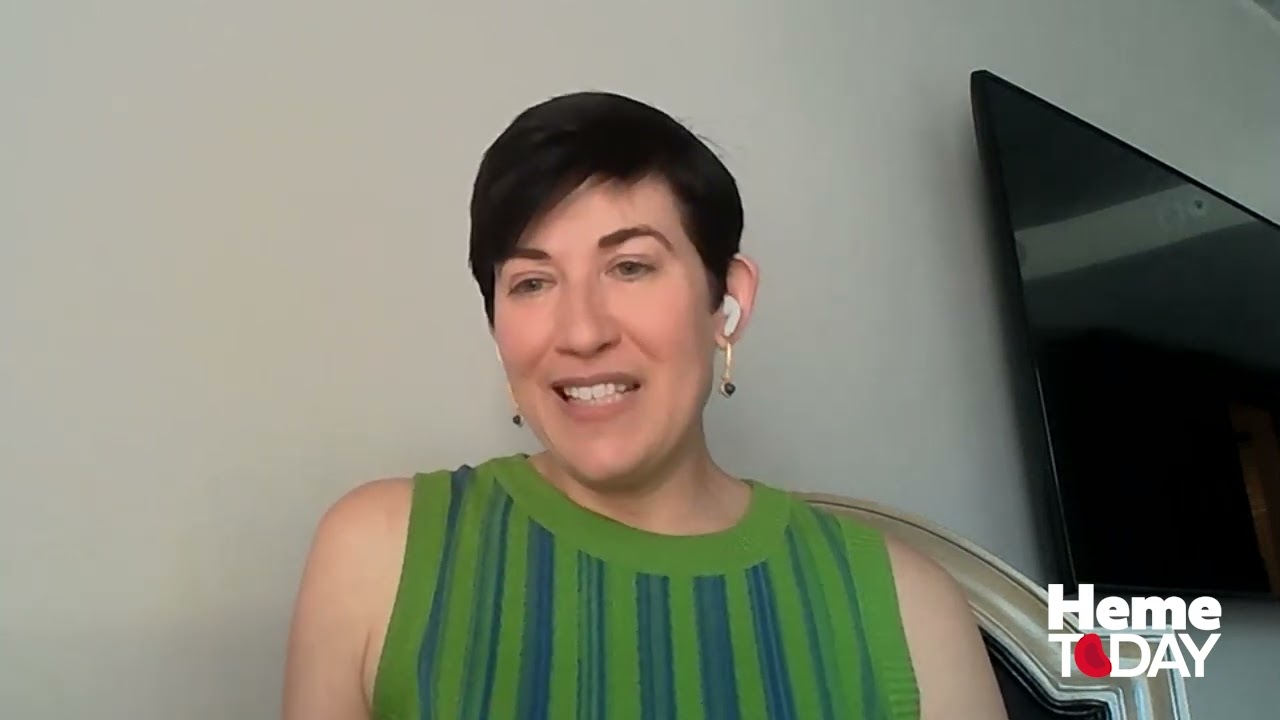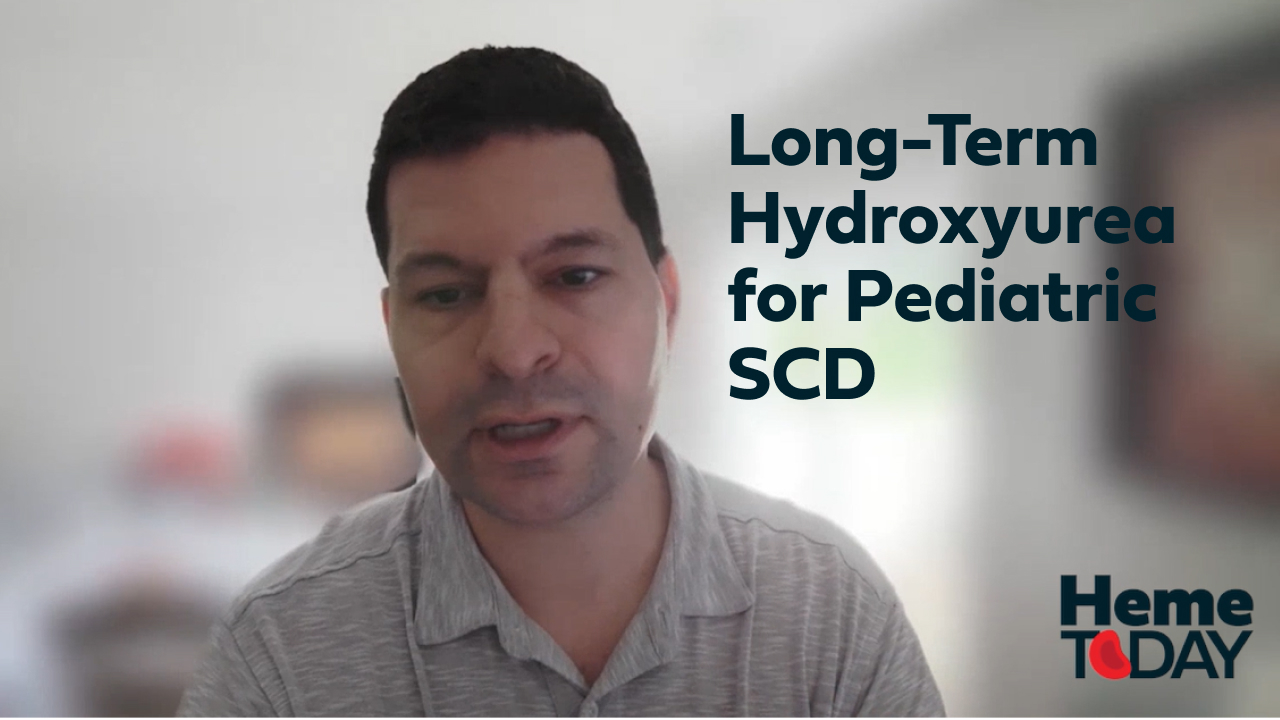Michael DeBaun, MD, MPH, on Communicating the Meaning of Sickle Cell Trait for Patient Outcomes
By Michael DeBaun, MD, MPH, Andrew Moreno - Last Updated: February 18, 2025Heme Today spoke with Michael R. DeBaun, MD, MPH, professor of pediatrics and medicine at Vanderbilt University School of Medicine in Nashville, Tennessee, and director of the Vanderbilt-Meharry Sickle Cell Disease Center of Excellence.
Dr. DeBaun was the chair of an American Society of Hematology (ASH) expert panel that conducted a systematic literature review regarding sickle cell trait (SCT), which was recently published in Blood. The panel assessed whether clinicians are correct or incorrect to regard SCT as the direct cause of exertion-related mortality in patients who have SCT.
The ASH expert panel found that although researchers are only beginning to understand the complications associated with SCT, the data do not support the listing of SCT as a direct cause of death in patients who have SCT.
“Even within the field of pathology, they have recognized, since the mid-seventies, that the presence of sickle cells after death is artefactual, not factual,” Dr. DeBaun elaborated.
Regarding rhabdomyolysis as a complication observed in patients with SCT, Dr. DeBaun emphasized it can occur in patients with or without SCT, and it often manifests due to major physical injury rather than SCT.
“When rhabdomyolysis is identified in an individual with sickle cell trait, the cause of death is not the sickle cell trait but the presence of rhabdomyolysis, which can occur in patients without sickle cell trait, and then the sequelae associated with rhabdomyolysis,” Dr. DeBaun explained.
Dr. DeBaun described the panel’s finding that since at least the mid-1970s, SCT medical terminology has been misapplied. When patients who had SCT died, clinicians have often erroneously attributed death to SCT or “sickle cell crisis.” This is seen across disciplines including primary care, pediatrics, and pathology.
On the basis of these findings, Dr. DeBaun stresses that the training for new medical professionals must include better instruction about the implications of SCT for patients’ clinical outcomes. Patients also need to be correctly informed about what SCT means for their prognosis.
“We have failed to communicate to individuals at risk, individuals with sickle cell disease and sickle cell trait, to distinguish the adverse outcomes, none of which include dying of sickle cell trait as a direct cause or indirect cause, or dying from sickle cell crisis as a direct or indirect cause,” Dr. DeBaun said.







 © 2025 Mashup Media, LLC, a Formedics Property. All Rights Reserved.
© 2025 Mashup Media, LLC, a Formedics Property. All Rights Reserved.